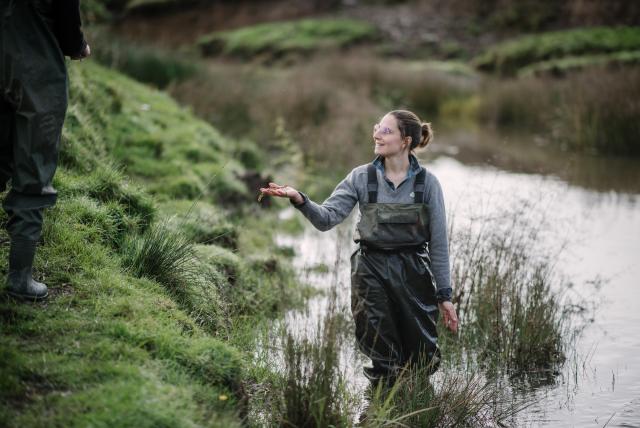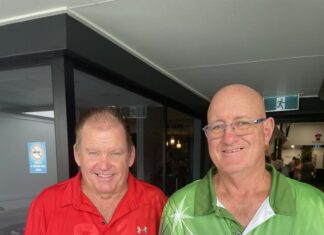A chance conversation with a grazier interested in the methane-reducing properties of red seaweed (as a livestock feed additive) has prompted new research that may add to the effort to help Australian farmers counter sometimes unjust international criticism of their carbon footprint.
The latest news is of the methane benefits of animal feed additives based on “a mix of algae scooped out of a Victorian waterway and a species of amphibious grass plucked from a stream.” according to aquatic ecologist Rebecca Lester.
That is the story behind last week’s Rural Matters report on a multi-pronged effort by Deakin University’s Centre for Regional and Rural Futures, funded by AgriFutures Australia.
The research has important implications for the marketing of produce from irrigation farmers, including fruit, vegetable and livestock producers, often subject to international attack relevant to export markets.
Last week’s report centred mainly on research appearing to show that irrigation dam emissions had been greatly exaggerated by the United Nations Intergovernmental Panel on Climate Change.
Now aquatic ecologist Rebecca Lester has revealed the role of chance in other discoveries, offering potential to reduce livestock emissions across Australia.
Dr Lester said most of Australia’s agricultural emissions came from “the digestive process of livestock.”
Her research was prompted by a landholder who asked about ways to limit on-farm emissions, having heard about the success of red seaweed in achieving methane emission reductions.
But the seaweed additive had challenges, including a tendency to deteriorate rapidly in storage.
“We now have multiple species that have potential,” she said.








